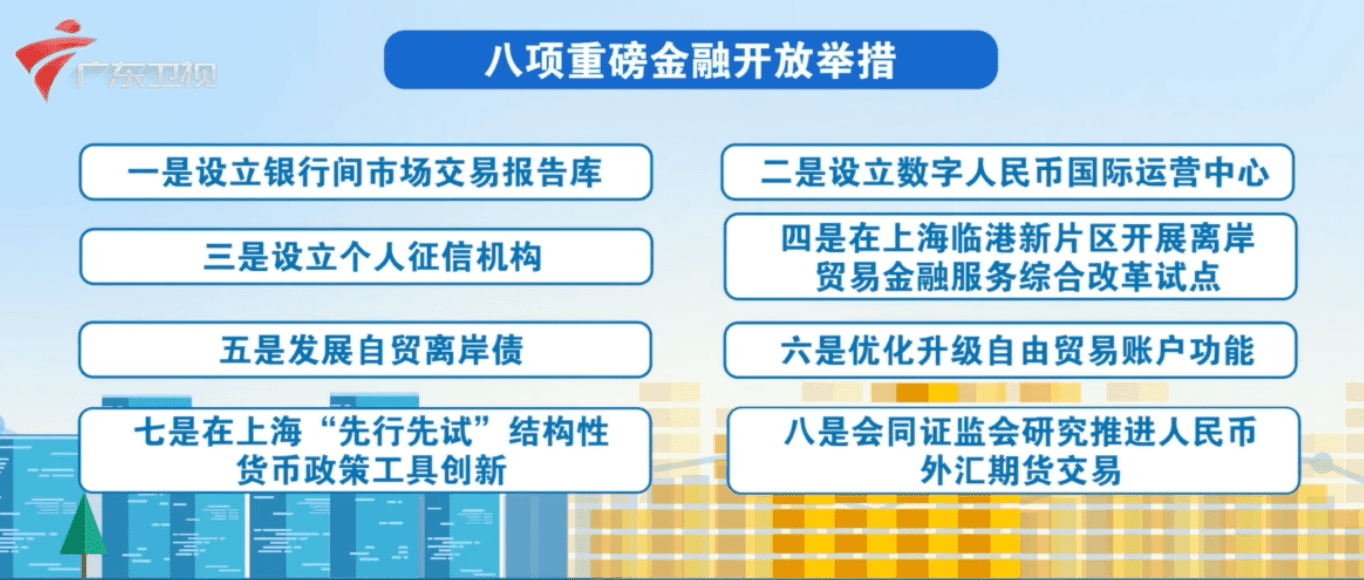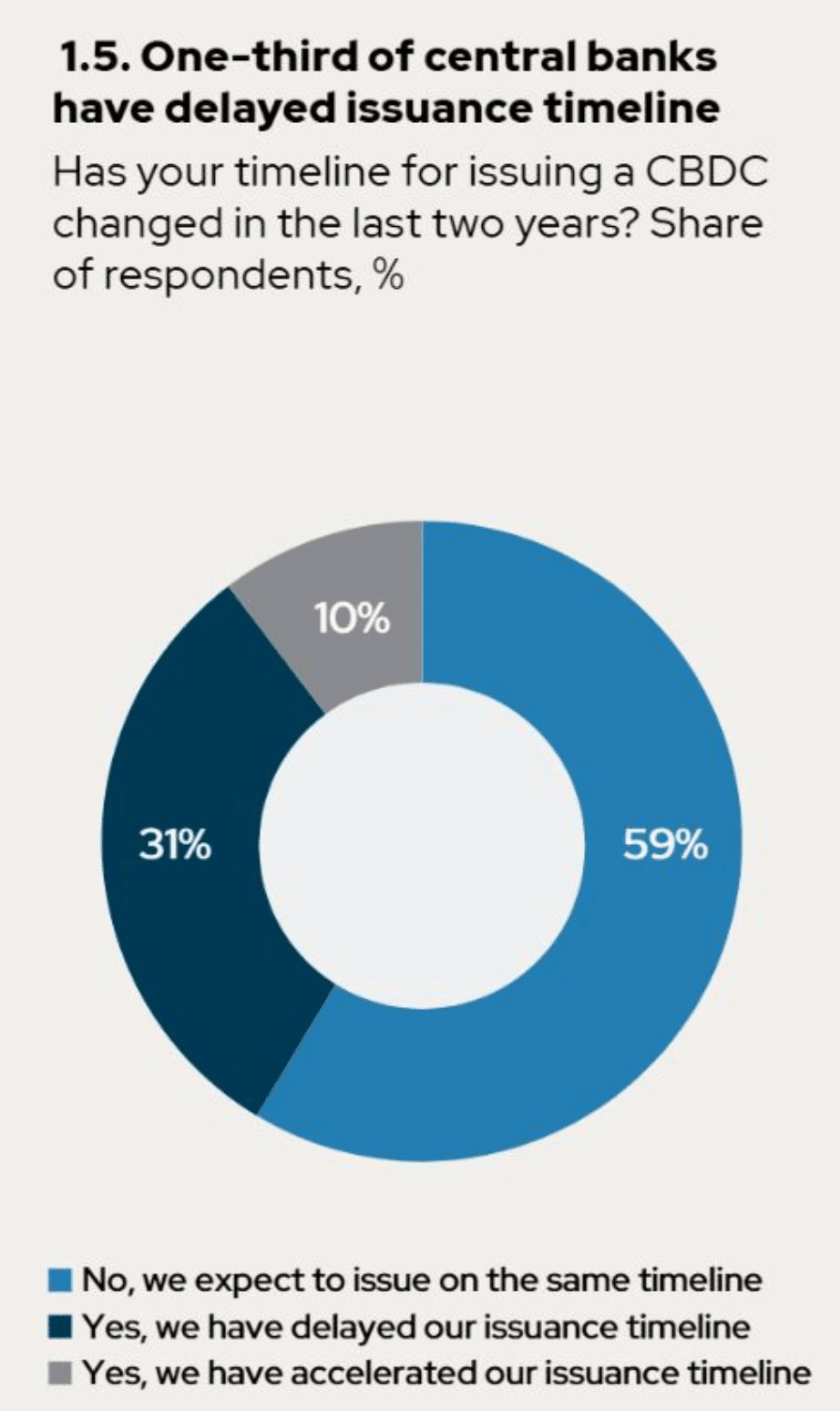
Pan Gongsheng, governor of the People's Bank of China, announced on June 18 at the '2025 Lujiazui Forum' in Shanghai that the global application of digital yuan (e-CNY) would be expanded, and an international operation center would be established. He also pointed out that traditional cross-border payments urgently need reform, as they have become tools for international sanctions.
Expand the application of digital yuan, reform the cross-border payment system
Pan Gongsheng was the first to propose expanding the global application of digital yuan (e-CNY) and establishing an international operation center in Shanghai. He emphasized that China's vision is to build a 'multipolar' monetary system that allows various currencies, in addition to strong currencies like the U.S. dollar (USD) and the euro (EUR), to support the global economy together.
According to reports, China started researching central bank digital currency (CBDC) applications in 2014 and has conducted multiple pilot programs domestically.
In addition, Pan Gongsheng also pointed out that the current global cross-border payment infrastructure is easily influenced by 'geopolitical factors' and 'weaponization', and may also be used by certain countries as a 'unilateral sanction tool', undermining the global economic and financial order.
He did not name any countries at the forum, but this statement is seen as a response to recent U.S. economic sanctions, especially the tariffs imposed by U.S. President Donald Trump since 2025, which have started to change the attractiveness of the dollar.
 The image shows the 8 financial opening measures that the People's Bank of China is about to implement. The global digital currency and stablecoin competition is intensifying, but the enthusiasm among central banks worldwide has slightly decreased.
The image shows the 8 financial opening measures that the People's Bank of China is about to implement. The global digital currency and stablecoin competition is intensifying, but the enthusiasm among central banks worldwide has slightly decreased.
In addition to China, countries around the world are also promoting digital currency or stablecoin projects:
Hong Kong: Currently conducting a stablecoin pilot project and passing the (Stablecoin Bill).
United States: The stablecoin bill (GENIUS Act) is about to advance to the House of Representatives.
Europe: Legislators in various member states are promoting the digital euro proposal.
United Arab Emirates: Expected to launch the digital dirham by the end of 2025.
Israel: Preliminary design of the digital shekel has been announced.
However, according to a report released on February 11 this year by the British think tank 'Official Monetary and Financial Institutions Forum' (OMFIF), 31% of central banks have chosen to delay the rollout of CBDCs, citing regulatory uncertainty and economic outlook.

This article discusses the People's Bank of China's promotion of digital yuan, with Governor Pan Gongsheng implying that traditional payments have become tools for Trump's tariff sanctions, first appearing in Chain News ABMedia.


